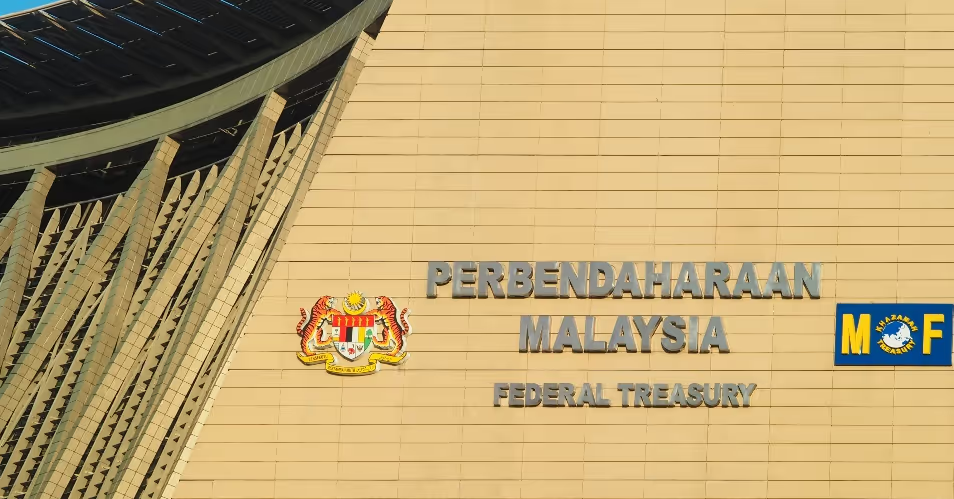
We like to throw around big numbers, perhaps to calm investors and appease credit rating agencies. But it fails to assuage growing anxieties on the ground, especially workers and households who are inundated with basic concerns of survival and solvency.
This is understandable. Of the RM161.3b economic stimulus package announced so far, a back-of-the-envelope calculations show that RM103.5b is from Bank Negara Malaysia, RM53.1b is from Employee Provident Fund (EPF) and only RM4.7b is from Federal Government expenditure.
Hence, while monetary policy announced yesterday seems clear and measured, fiscal policy continues to lag behind, constituting only about 2.9% of the total package thus far.
However, it is in the realm of fiscal policy that subsidies and social assistance can be delivered swiftly and broadly to workers and households.
Moreover, the RM53.1b from EPF is essentially a drawdown of old-age savings, where many of the workers do not have much to begin with. My colleague has estimated in this paper that about 40% of active contributors do not even have enough savings in their Account 2 to be able to benefit fully from the i-Lestari programme.
Given the scale of the unemployment problem, estimated to be within the range of 1m workers by the SME Association of Malaysia² and 2.4m workers by the Malaysian Institute of Economic Research³, the economic package announced so far is clearly insufficient. This is not even including self-employed workers and foreign workers yet.
With the challenges of finding fiscal space highlighted here, and without any resolve yet from the looks of it, coupled with monetary policy already at RM100b, I am concerned that the next recourse would be to dip deeper into our social protection funds administered by both EPF and SOCSO.
This means either more reduction in contribution rates, further concessions for withdrawals or even total exemptions from contributions. While dipping further into these funds may serve as a much-needed short-term relief, there are trade-offs in longer-term social protection for things like old-age and pension, for existing retirees and future ones.
In addition, work risks such as employment injury, sickness and invalidity could also happen at any time during the Covid-19 period and such on-going concerns would require immediate pay-outs as well. A depletion of resources would impact cashflows to address these risks, especially in the context of SOCSO where it is based on the pooling of resources and sharing of risks.
In these pressing times, we have to respond to short-term shocks, but we cannot be short-term in thinking. We cannot afford to keep dipping into social protection funds to compensate for the lack of fiscal spending. Expanding fiscal resources has to be our next step forward.














